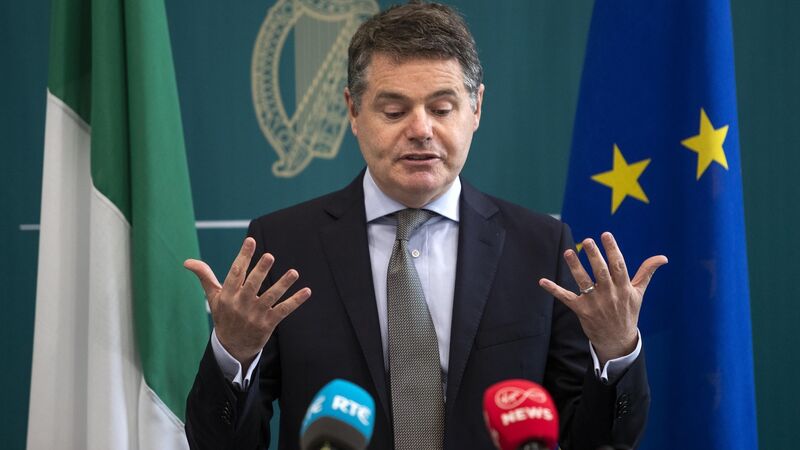Vat surge helps lifts tax haul to €5.7bn in July and bolsters recovery hopes

Tax haul will boost Finance Minister Paschal Donohoe's budget preparations.
The Government took in a haul of €5.7bn in tax revenues in July, driven by a surge in Vat as most of the hospitality industry opened up, a result that is likely to bolster expectations for an exceptional economic rebound this year.
The tax haul will boost Finance Minister Paschal Donohoe and Expenditure Minister Michael McGrath in their early preparations ahead of the budget in October, as long as the Delta variant does not lead to new restrictions and the derailing of the recovery.











